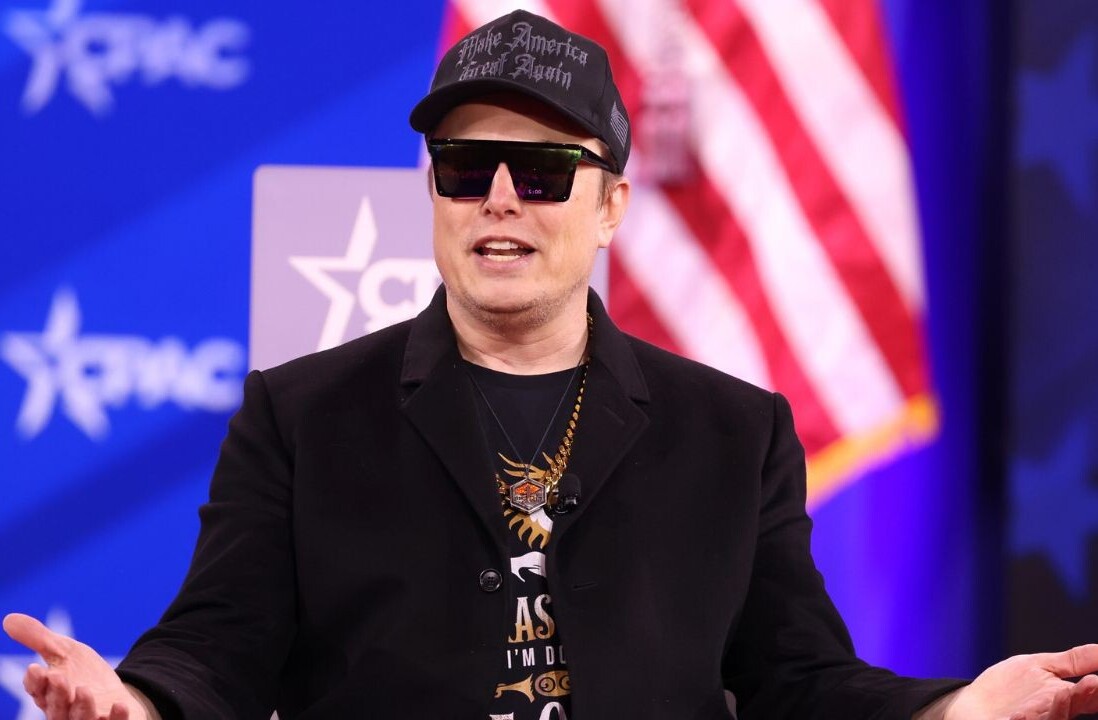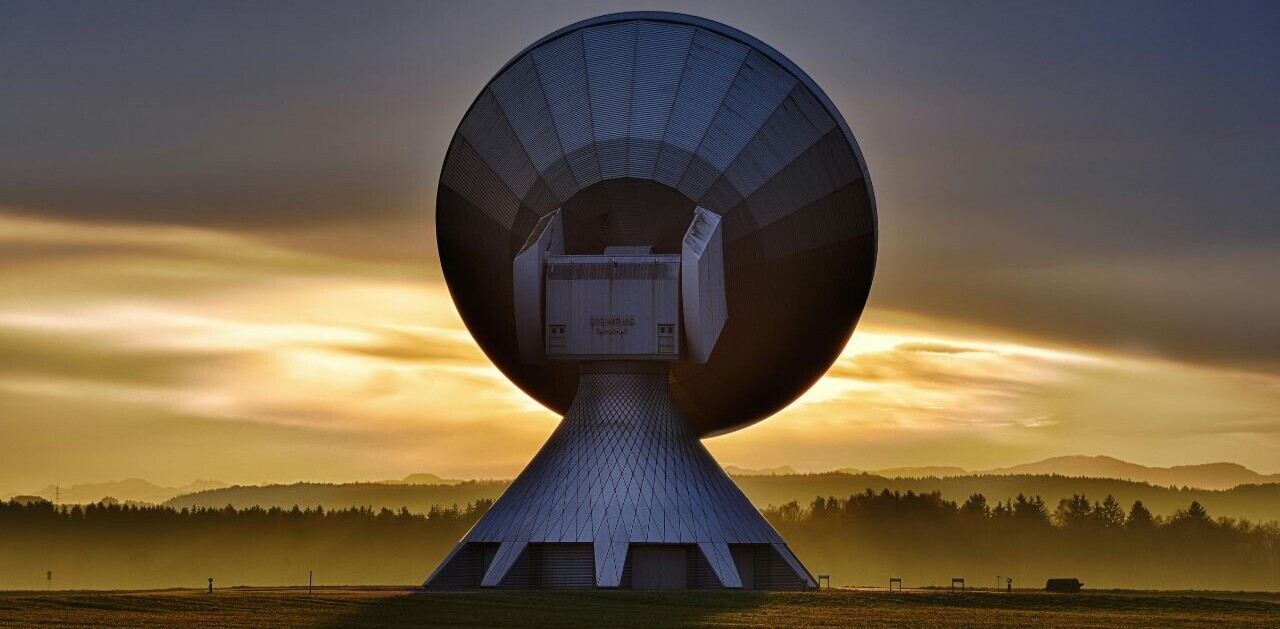
According to Spotify founder Daniel Ek, the value of a company is “the sum of the problems you solve.”
The problem of bot farms playing the same tracks over and over to manipulate streaming data may not be entirely new. However, as generative AI tools become increasingly mainstream, it is taking on a new dimension for the music industry.
This will require streaming service providers to vigilantly predict and plan ahead not to be left playing a game of reactive whac-a-mole, desperately beating down issues as they arise. Otherwise, apart from dealing with obvious copyright controversies, they may end up paying large sums of money for millions of bot-boosted “fake streams.”
According to a report in the Financial Times, Universal Music Group (UMG), which controls about a third of the global music market, has been sending takedown requests “left and right.” Stockholm-headquartered Spotify has obliged – at least to some degree.
Last week, the music streaming giant temporarily ousted hundreds of thousands of songs generated on the AI platform Boomy. The California-based startup’s tool lets users create tracks by picking from a selection of styles, such as Lo-Fi or EDM, and then customise them and either record or add vocals, before uploading them to streaming services.
However, this is not a case of making Drake rap on your track – the vocals must belong to the user. As such, the tracks were not greyed out because of copyright infringement concerns, but due to the discovery of widespread “suspicious listening activity.”
Meanwhile, this does not mean that Spotify has completely blocked Boomy users and forbidden them from uploading new tracks. Indeed, the AI platform announced this weekend that “Boomy artists” had their curated delivery to the streaming giant re-enabled.
We are pleased to share that curated delivery to Spotify of new releases by Boomy artists has been re-enabled.
Supporting our artists and creators who use the Boomy platform is our top priority, and we greatly appreciate your patience these past few days.
— Boomy – Create AI Music (@boomy) May 6, 2023
Reportedly, the two sides are still in negotiations over the reinstatement of the rest of Boomy’s catalogue.
Fake stream farms an industry-wide issue
Spotify’s crackdown is part of an ongoing battle against bot streaming farms. Essentially, this is when a bunch of digital devices are logged in on various platforms, and simply play music 24 hours a day, often playing the same track over and over again.
Obviously, this impacts the number of listens, directly generating revenue for the owner of the track. Meanwhile, it also affects data driven features such as charts and playlists.
According to the streaming giant, “Artificial streaming is a longstanding, industry-wide issue that Spotify is working to stamp out across our service.”
Earlier this year, France’s Centre National de la Musique (CNM) released a study on music streaming fraud, in which Spotify participated. However, CNM called out other major streaming platforms Apple, Amazon, and YouTube as “unable or unwilling” to take part in the study.
The first-of-its-kind study established that, in France, in 2021, between one and three billion streams, at least, were false, i.e. between 1% and 3% of total listening. Of course, plenty has happened since.
The CNM says it will launch a new study into the matter in 2024, which may better reveal the implications of the recent revolution in access to generative AI – and the ability of Spotify to mitigate it.
Grimes stands alone in the pro-AI camp
Over the past few months, the music streaming market has experienced a significant rise in AI-generated tracks. According to Boomy, its users have already “created” more than 14 million songs.
Services such as those provided by Boomy, Aiva, and Soundful leverage machine learning to allow users to generate unlimited tracks and even monetise their creations on streaming platforms, to the chagrin of artists, producers, distributors, and other industry stakeholders.
Grimes has launched an AI platform specifically for people to use her voice to make new music, stating that “Copyright sucks. Art is a conversation with everyone that has come before us. Intertwining it with the ego is a modern concept. The music industry has been defined by lawyers, and that strangles creativity.”
Needless to say, she is quite the exception in her pro-generative AI stance in the global artist community.
Get the TNW newsletter
Get the most important tech news in your inbox each week.





